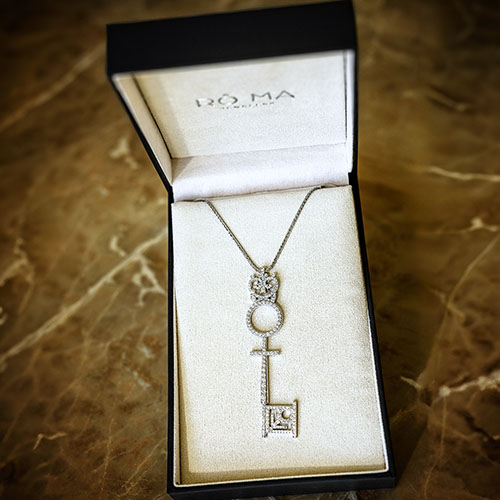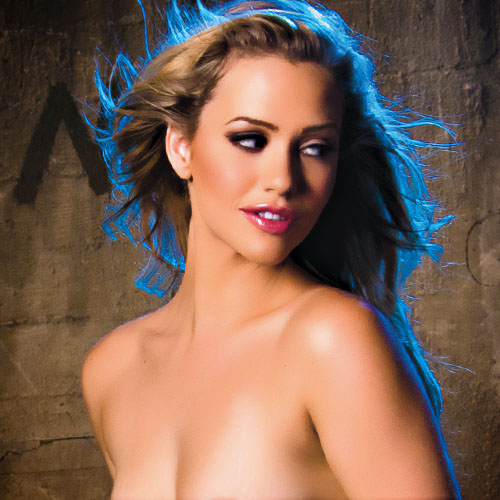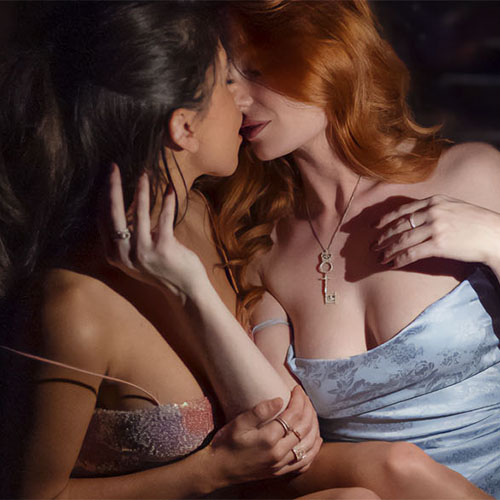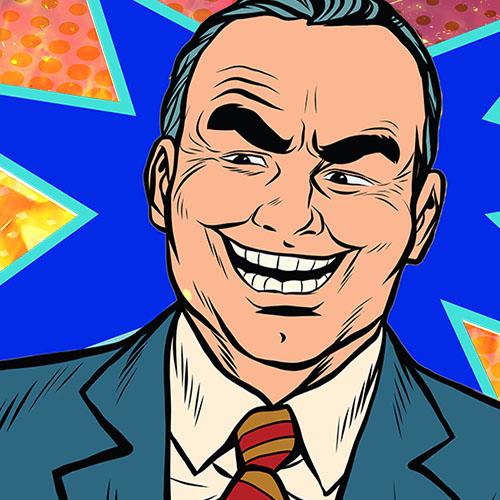Latest from Penthouse
Travel
Museums … For Sanity
The venerable museum gets a bad wrap in modern culture sometimes, but we take time out to encourage exercising beauty in the brain too.

Penthouse Legacy

Chickfights
Female athletes often find themselves unfairly in a role of secondary importance. With “Chickfights” we demonstrate the error in that kind of thinking.

AIDS … As Seen in 1994
It can be a bit sobering to look at an in-depth article from 30 years ago that still seems relevant today. AIDS research falls into that lonely category, sadly.






 Penthouse Erudition
Penthouse Erudition







































